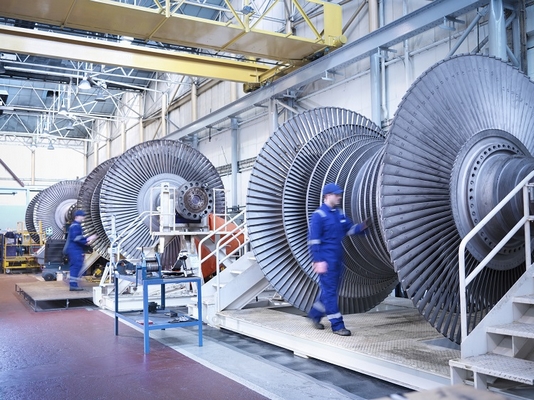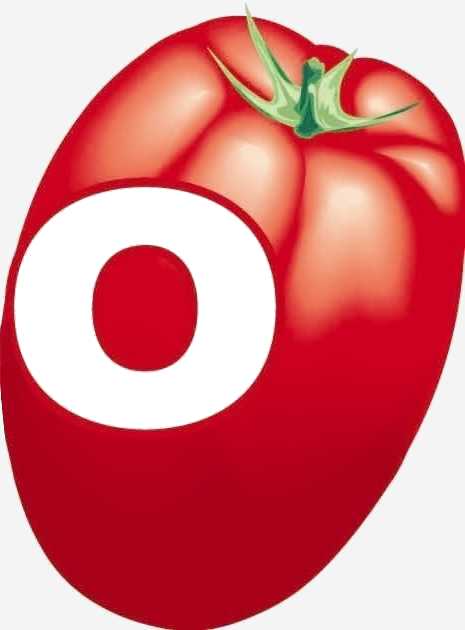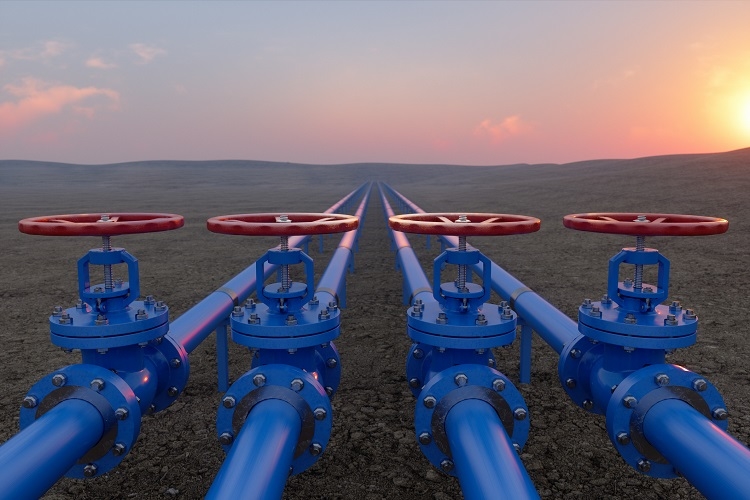Russia supplies around 45% of the global ammonia nitrate market, around 20% of the global potash market, and 14% of global phosphate fertilizer exports. Europe must diversify its raw material sourcing for fertilizer production, suggest industry experts. How else can regulators and businesses help mitigate the impacts of war on the sector?
Europe is facing a fertilizer crisis
Prior to Russia's military invasion of Ukraine earlier this year, crop nutrition prices were already on the up. However as gas is a key input in nitrogen fertilizers, and Russian supply is now limited in Europe, fertilizer prices have soared.
As a result, farmers are struggling to buy plant food and what they can get their hands on is often cripplingly expensive, Using less fertilizer can negatively impact crop yield and consequently, food production,
How can European businesses and regulators mitigate the impacts of the Ukraine-Russia war on the fertilizer sector?
“Europe needs to be more resilient”
 Russia is the world's second-largest producer of natural gas behind the US. According to 2021 figures, the country produced 762 billion cubic meters (bcm] of natural gas, and exported approximately 210 bcm via pipeline.
Russia is the world's second-largest producer of natural gas behind the US. According to 2021 figures, the country produced 762 billion cubic meters (bcm] of natural gas, and exported approximately 210 bcm via pipeline.As nitrogen fertilizer is produced from natural gas, sanctions on Russia's supply to Europe is significantly impacting the cost of fertilizer inputs.
“The war on Ukraine is having a lot of direct and indirect consequences on the whole food value chain, and fertilizers are at the very beginning of it," according to Tiffanie Stephanie, Director, European Government Relations and External Communications, at Yara,
Yara is considered the largest crop nutrition player in Europe. The company is 'deeply disturbed' by the Ukraine-Russia conflict and 'strongly condemns' Russia's military invasion, Stephanie told delegates at last month's European Food Forum (EFF) event.
For the European Government Relations lead, the effect of the war on the fertilizer sector is 'quite clear': "It has revealed that European and the world's fertilizer markets have been overly dependent on one single country: Russia."
Russia supplies around 45% of the global ammonia nitrate market, around 20% of the global potash market, and 14% of global phosphate fertilizer exports.
"The current situation is showing that our food system in Europe needs to be more resilient."
Mitigating the impacts of war
How can Europe reduce its dependence on Russian resources?
 According to Yara, the first solution lies in diversifying its raw material sources.
According to Yara, the first solution lies in diversifying its raw material sources.The 'prerequisite' in sourcing natural gas from elsewhere is that Europe requires 'continued and undisrupted' access. "For now, gas remains the primary critical input factor for the production of nitrate fertilizers."
Concerning other relevant inputs, most compound fertilizers contain three essential elements for growth: nitrogen, phosphorous, and potassium. Together, these nutrients are known as NPK.
Last year, Russia was the largest exporter of NPKs, which means fertilizer producers need to look elsewhere for these inputs. "New product capacity can be developed in the medium-term," suggested Stephanie. "But as we are talking about minerals, that can be mined, you cannot just start a new mine [immediately]."
 The second solution, according to Yara, is to decarbonize the sector's activities. The company is working to replace natural gas in fertilizer production with renewable energy, which it believes could be a “game changer” in reducing reliance on Russian resources.
The second solution, according to Yara, is to decarbonize the sector's activities. The company is working to replace natural gas in fertilizer production with renewable energy, which it believes could be a “game changer” in reducing reliance on Russian resources.Of course, it would also serve to decarbonize the agri-food System.
“The prerequisite here is that investments in renewable energy and new infrastructure in Europe are really key and would have to be accelerated."
Yara expects its first fossil free fertilizer to reach the market in 2023 and has signed its first commercial contract for the product with Swedish agricultural cooperative Lantmännen.
Instead of using fossil fuels such as natural gas to produce ammonia - the building block of mineral fertilizers - Yara's “green fertilizers” will be produced with ammonia based on renewable energy produced in Europe, such as Norwegian hydropower. The company expects these fertilizers will have an 80-90% lower carbon footprint.
 The third solution designed to mitigate the impacts of war on the fertilizer sector lies in accelerating circular economy practices. Many in the industry are already working to optimize resources and recycle by-products in production processes, but Stephanie suggested more could be done. "Using the organic materials of fertilization can still be scaled up and we can recover more quality nutrients from processed waste."
The third solution designed to mitigate the impacts of war on the fertilizer sector lies in accelerating circular economy practices. Many in the industry are already working to optimize resources and recycle by-products in production processes, but Stephanie suggested more could be done. "Using the organic materials of fertilization can still be scaled up and we can recover more quality nutrients from processed waste."
'We must impose taxes on Russian gas'
 Others believe more drastic measures should be taken.
Others believe more drastic measures should be taken.Oil and gas are crucial to agricultural production, explained Petri Krogman, Chairman of the Board of Directors of agribusiness management business Agromino in Ukraine and owner of Czech agricultural association Spojene Farmy (United Farms).
"Ukraine was able to sow around 70-80% of its areas for agricultural production, but we have to realize that all the remaining areas that were sown will have lower yields. There is not enough fertilizer," he told delegates at the EFF event.
At the same time, without oil, farmers will struggle to harvest these crops. "There is not enough oil and gas to run the machines. If you do not have oil, you [cannot] harvest."
Diversifying Europe's oil and gas inputs for Krogman means blacklisting Russia. The agricultural expert argued taxes “must” be imposed on Russian gas and oil, in order to send the “proper” signal to businesses.
Sources: foodnavigator.com




 Others believe more drastic measures should be taken.
Others believe more drastic measures should be taken.


























